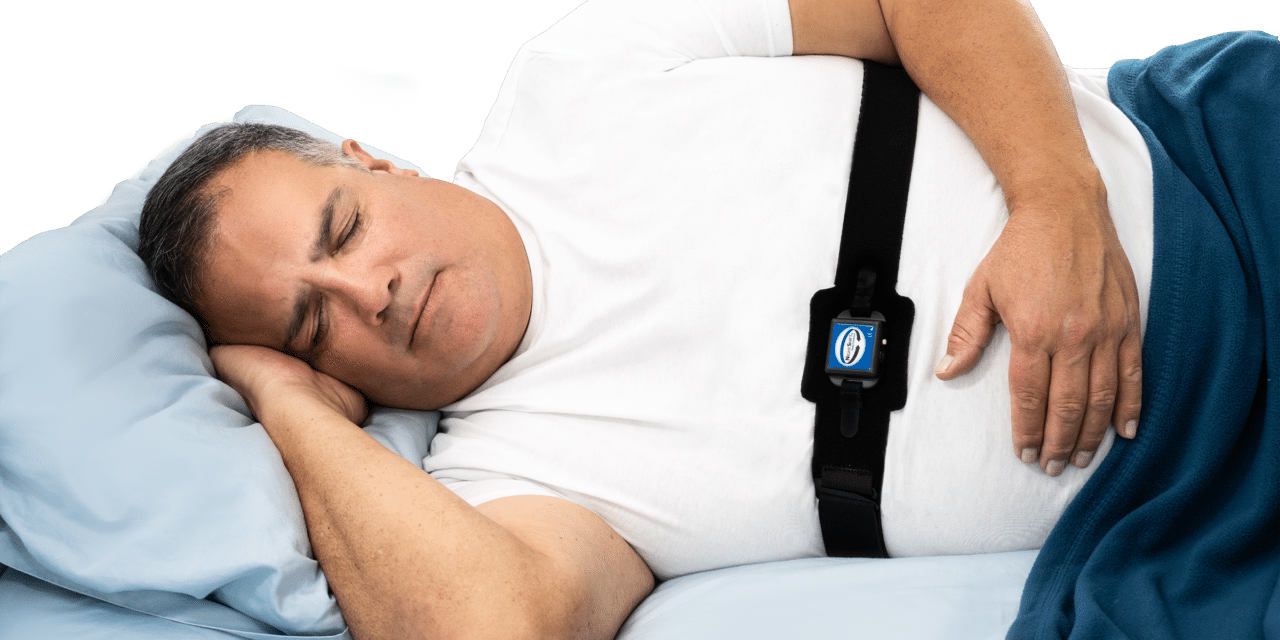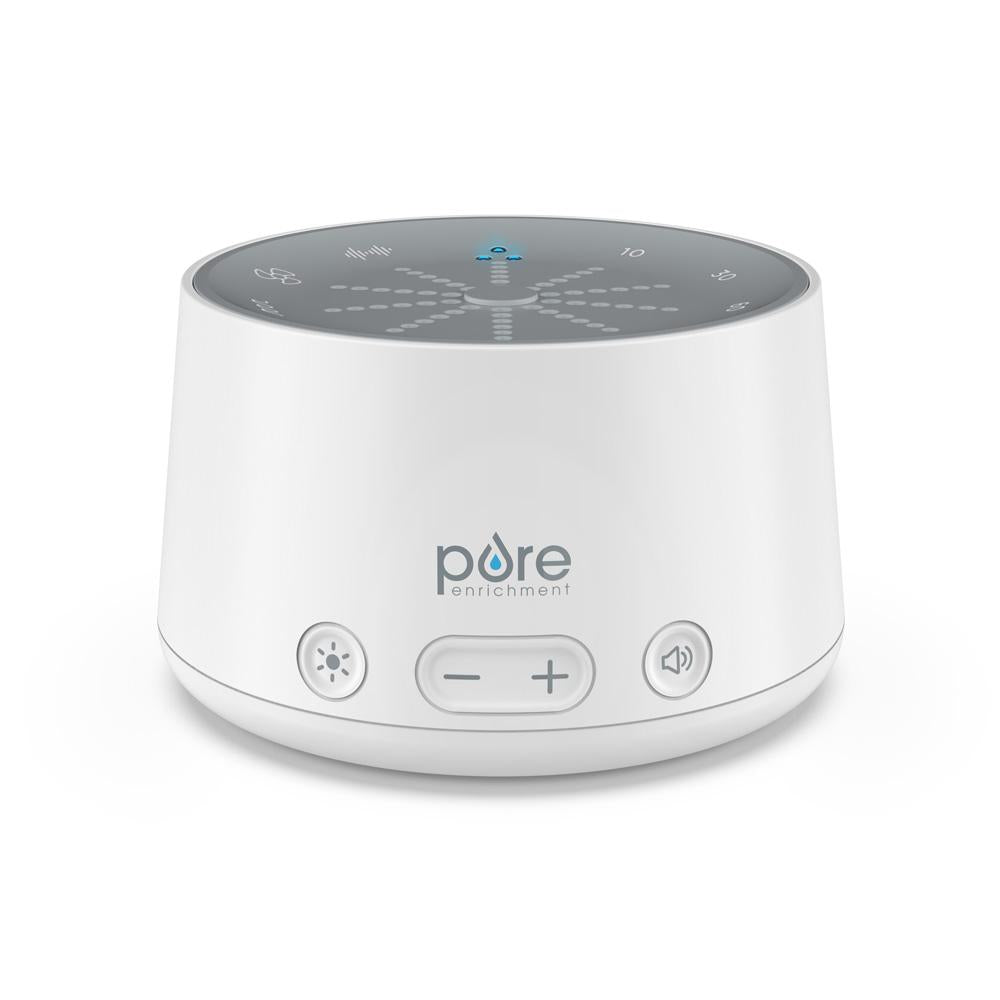Effective Therapy Solutions for Taking Care Of Rest Disorders and Enhancing Relaxing Sleep
In the world of medical care, the management of rest conditions and the mission for restful rest are crucial elements of overall well-being. Reliable treatment solutions use a complex method to tackle these challenges, ranging from cognitive behavioral interventions to all natural techniques that advertise leisure and mindfulness. The expedition of numerous strategies, consisting of the combination of medication and light treatment, opens up a realm of possibilities in the search of better sleep top quality. As we browse the elaborate landscape of rest conditions and seek to boost our sleep experience, a much deeper understanding of these therapy remedies might hold the key to opening a much more refreshing and satisfying restorative journey.
Cognitive Behavioral Therapy for Sleeping Disorders (CBT-I)
Cognitive Behavioral Treatment for Sleeping Disorders (CBT-I) is an organized, evidence-based treatment approach that concentrates on addressing the underlying factors adding to sleep disruptions. This sort of therapy intends to modify habits and ideas that worsen sleeplessness, inevitably promoting healthy and balanced sleep patterns. CBT-I usually includes numerous crucial components, including cognitive therapy, rest restriction, stimulation control, and rest hygiene education.
Cognitive therapy aids individuals recognize and change adverse thought patterns and beliefs regarding sleep that might be preventing their capacity to drop or remain asleep. Rest restriction entails limiting the quantity of time invested in bed to match the individual's real rest duration, thereby enhancing rest performance (sleep deprivation help). Stimulation control techniques help develop a solid organization between the bed and sleep by urging people to go to bed only when drowsy and to prevent involving in promoting activities in bed
Furthermore, sleep health education focuses on establishing healthy sleep routines, such as keeping a consistent sleep schedule, developing a relaxing going to bed regimen, and maximizing the rest environment. By dealing with these aspects comprehensively, CBT-I uses a reliable non-pharmacological intervention for taking care of sleeping disorders and boosting total sleep high quality.
Sleep Health Practices
Having actually developed the foundation of cognitive restructuring and behavioral adjustments in resolving sleep problems via Cognitive Behavioral Treatment for Sleep Problems (CBT-I), the focus now changes towards checking out crucial Rest Hygiene Practices for keeping ideal sleep top quality and general health.
Rest hygiene practices incorporate a series of habits and ecological factors that can substantially affect one's capacity to sleep and remain asleep throughout the evening. Constant sleep and wake times, creating a relaxing going to bed regimen, and enhancing the sleep atmosphere by maintaining it dark, peaceful, and cool are crucial elements of excellent sleep health. Restricting exposure to screens before bedtime, preventing energizers like caffeine close to going to bed, and taking part in normal exercise throughout the day can also advertise better sleep top quality.
Additionally, practicing leisure methods such as deep breathing exercises or reflection before bed can aid soothe the mind and prepare the body for rest. By integrating these rest health techniques right into one's daily regimen, individuals can establish a healthy and balanced sleep pattern that supports relaxed sleep and general health.
Relaxation Methods and Mindfulness
Carrying out leisure strategies and mindfulness methods can play a critical function in promoting a feeling of calmness and promoting quality rest. cognitive behavioral therapy for insomnia (CBT-I). These techniques aim to quiet the mind, minimize stress, and develop an ideal environment for restful rest. One extensively exercised approach is deep breathing exercises, where people concentrate on slow, deep breaths to loosen up the mind and body. Progressive muscle mass leisure entails tensing and after that launching each muscle group, advertising physical relaxation. Additionally, led images can aid deliver individuals to a peaceful location in their minds, assisting in stress and anxiety decrease and enhancing rest quality.
Mindfulness techniques, such as reflection and yoga exercise, are likewise efficient in promoting leisure and boosting rest. Mindfulness urges people to stay present in the moment, letting go of stress over the past or future. By incorporating these methods into a bedtime routine, people can signify to their bodies that it is time to relax and prepare for sleep. Generally, integrating relaxation strategies and mindfulness techniques can dramatically add to taking care of rest conditions and boosting overall sleep top quality.

Medication Options for Rest Disorders
After checking out leisure strategies and mindfulness methods as non-pharmacological treatments for enhancing sleep high quality, it is necessary to think about medication alternatives for people with sleep problems. In cases where way of living modifications and therapy do not supply sufficient relief, medication can be a useful tool in handling sleep disruptions.
Frequently suggested medications for rest problems include benzodiazepines, non-benzodiazepine hypnotics, antidepressants, and melatonin receptor agonists. Benzodiazepines, such as diazepam, are sedatives that can help induce sleep, but they are generally recommended for short-term use due to the threat of reliance. Non-benzodiazepine hypnotics like zolpidem are likewise utilized to deal with sleeplessness and have a lower danger of reliance contrasted to benzodiazepines. go to my site Antidepressants, such as trazodone, can be valuable for individuals with co-occurring clinical depression and rest disruptions. Melatonin receptor agonists, like ramelteon, target the body's all-natural sleep-wake cycle and can be valuable for managing rest patterns.
It is critical for people to seek advice from a doctor to establish one of the most appropriate medication alternative based on their details sleep problem and case history.
Light Therapy for Circadian Rhythm Policy
Light therapy, additionally called photo-therapy, is a non-invasive therapy approach used to manage body clocks and boost sleep-wake cycles. This therapy includes exposure to intense light that simulates all-natural sunlight, which aids to reset the body's interior clock. By exposing individuals to certain wavelengths of light, generally in the morning or night depending on the desired result, light therapy can successfully readjust the body clock to promote wakefulness throughout the day and boost relaxed sleep at evening.
Research study has revealed that light therapy can be especially beneficial for people with circadian rhythm problems, such as postponed sleep stage syndrome or jet lag. It can additionally be helpful for those experiencing seasonal affective disorder (SAD), a type of depression that typically takes place throughout the winter season when natural light direct exposure is minimized. Light therapy is usually well-tolerated and can be made use of together with other treatment techniques for sleep disorders to enhance end results and improve total sleep high quality.
Conclusion
In conclusion, efficient therapy remedies for managing sleep disorders and boosting peaceful sleep include Cognitive Behavioral Therapy for Sleeplessness (CBT-I), rest health practices, relaxation techniques and mindfulness, medication alternatives, and light therapy for circadian rhythm law. These approaches can help people improve their rest quality and total wellness. It is essential to talk to a healthcare copyright to establish the most suitable technique for addressing rest issues.
As we browse the detailed landscape of sleep disorders and seek visit this web-site to enhance our rest experience, a much deeper understanding of these treatment options might hold the key to opening an extra relaxing and meeting corrective journey.
Rest constraint includes limiting the quantity of time invested in bed to match the individual's real sleep duration, consequently boosting rest effectiveness. Regular sleep and wake times, creating a relaxing going to bed routine, and enhancing the sleep check these guys out environment by keeping it dark, silent, and cool are essential parts of great rest hygiene. Light treatment is normally well-tolerated and can be utilized in combination with various other therapy techniques for rest problems to maximize end results and improve overall rest quality.
